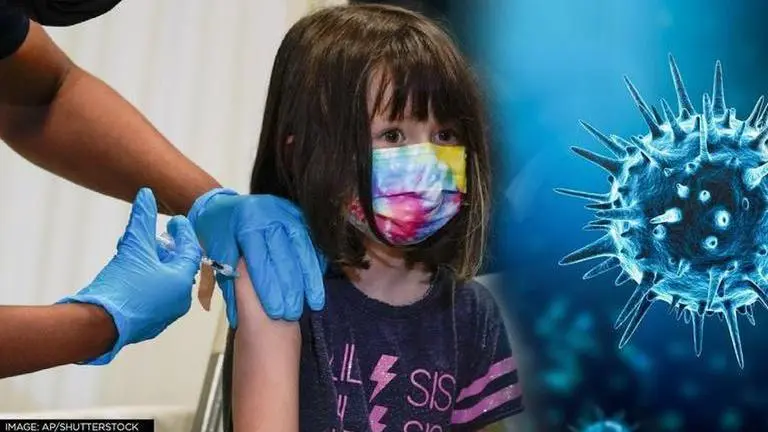Updated 3 January 2022 at 22:12 IST
US FDA clears Pfizer's COVID-19 booster vaccine shot for 12-15 year-olds
Apart from approving the third dose of the Pfizer and BioNTech COVID-19 vaccine for children, the US FDA has also narrowed the time for all booster shots.
- World News
- 2 min read

The US Food and Drug Administration (FDA) on Monday cleared the use of a booster shot of Pfizer and BioNTech's COVID-19 vaccine for children aged between 12 and 15 years. According to the FDA, published data and real-world evidence on the safety of booster doses had been reviewed in detail ahead of the decision. The data, provided by the Israeli Ministry of Health, included research from over 6,300 individuals aged between 12 and 15 years who received a shot of the Pfizer-BioNTech COVID-19 vaccine.
Apart from approving the third dose of the Pfizer and BioNTech COVID-19 vaccine for children, the US FDA has also narrowed the time for all booster shots to five months from the earlier six months, after primary doses. It has also authorised the third shot in children aged five through 11 years who are immunocompromised.
CDC finds Pfizer 'safe' for children
On December 31, the Centers for Disease Control and Prevention (CDC) announced that the Pfizer COVID vaccination for children aged 5-11 has proven to be as 'safe' as predicted, based on data from the 8.7 million doses administered. To analyse the safety of COVID vaccines for kids between the age group of 5-11 years, US CDC has examined adverse systemic reactions of the Pfizer-BioNTech COVID-19 vaccination receipt and reported it to the Vaccine Adverse Event Reporting System (VAERS), a passive vaccine safety surveillance program co-managed by CDC and Food and Drug Administration (FDA). About 100 "serious" incidents have been recorded in the first 8.7 million doses, as per the report.
Moreover, data from the analysis showed that nearly 34.7% of the 42,504 youngsters reported a "systemic reaction" after their first dose (most often pain in the injection site, lethargy or headache), 29,899 with second-dose data exhibited comparable systemic responses, with 40.9% having similar symptoms and fever was observed more frequently after the second dosage than the first.
Advertisement
The CDC report also mentioned that 5.1% of parents stated that their kid was unable to do regular daily activities the day after receiving the first dose, while, 7.4% indicated that their kid was unable to conduct usual activities the day after receiving the second dose. Only 1% sought medical attention in the week following vaccination.
(With agency inputs)
Published By : Ananya Varma
Published On: 3 January 2022 at 22:12 IST
